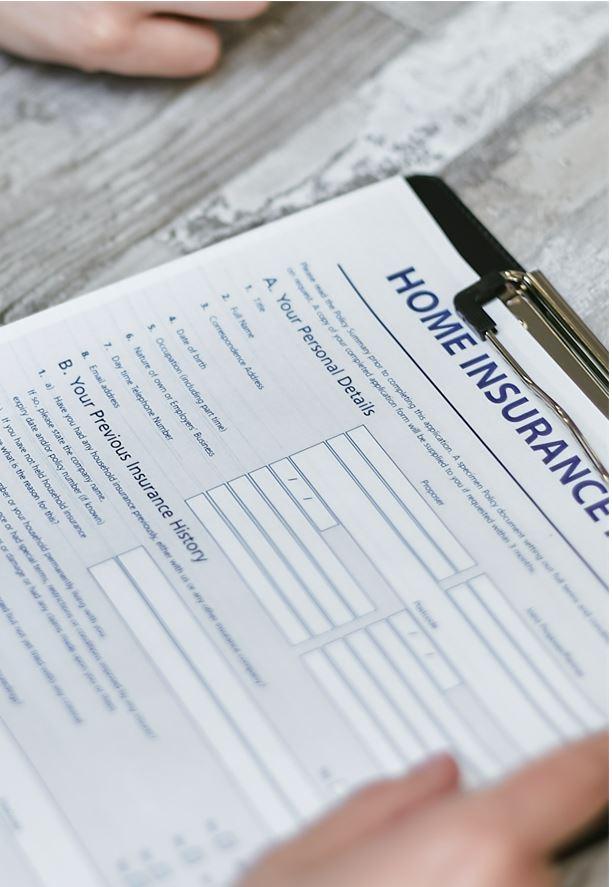- SIGNING THE LEASE
-
Have you found the accommodation that suits your needs?
The next step is to sign a lease (bail) with the landlord to make the place officially yours to rent.
To sign the lease, you will need to provide the landlord with valid proof of identity, a student card or certificate of enrolment, a residence permit and proof that you have a guarantor.
You should be prepared to pay the first month’s rent and a security deposit upon signing the lease.
Once the lease is signed, there will be one last procedure to validate as you and your landlord will have to inspect the premises together and agree on the condition of the accommodation. Your comments will be added to a document called état des lieux.
CAP FAQs about signing the lease
- What is a guarantor?
-
- A guarantor is a person or a legal entity who agrees to pay for your rent should you be unable to do so.
- What if I do not have a guarantor?
-
- Without a guarantor, your application will not be given preference
- If you are under 30 years old and your monthly rent is under €600, Visale can act as a guarantor in order to simplify the process of securing accommodation
- More information on Visale can be found on the Campus France website
- What is a security deposit?
-
- The security deposit is a sum that your landlord may require you to pay in advance to cover any damage to the property that may occur during your tenancy
- The amount is generally equal to a month’s rent (by law, it cannot be higher)
- Why is the état des lieux an important step?
-
- During the état des lieux, you and the landlord will inspect the place to check for any damage in the premises before you move in
- If other damage is found when you leave, you will not get your security deposit back
- What information should appear on the lease?
-
- The identities of the parties
- The amount of the rent
- The amount of the charges
- The amount of the security deposit
- The notice period (you will have to give notice to your landlord that you are leaving a minimum number of days before your departure)
- HOUSE INSURANCE
-
All tenants must take out insurance for their accommodation, regardless of the type of housing in which they live. This will protect you against unexpected events (water damage, fire, burglary).
There are many insurance companies who can provide protection for you and your accommodation but banks can also offer house insurance. Make sure you take the time to compare the different student offers to choose the best one.
The cost may vary from €5 to €15 a month.House insurance for students generally includes tenant liability, coverage for assets and personal belongings, civil liability, protection against bodily injury and assistance.
HI - HOUSING BENEFITS
-
Overseas students, like all other students, are entitled to housing benefit (CAF). The only additional document you will have to provide is your residency permit, which must be valid for more than four months and for the current academic year.
This applies to all foreign nationals, including those from Europe.

Université Côte d'Azur


















